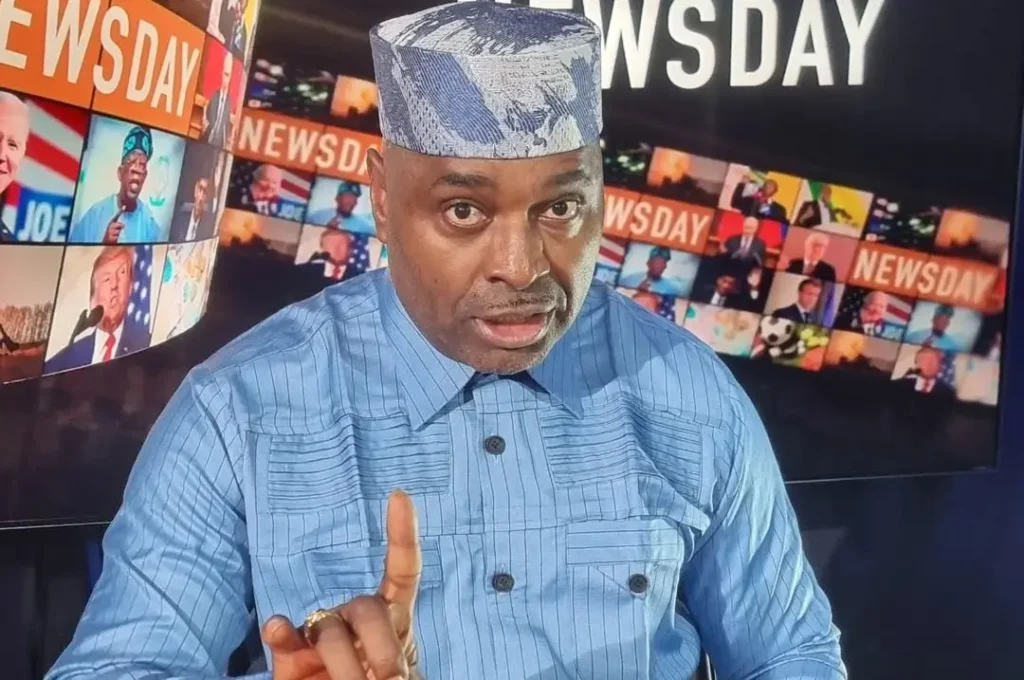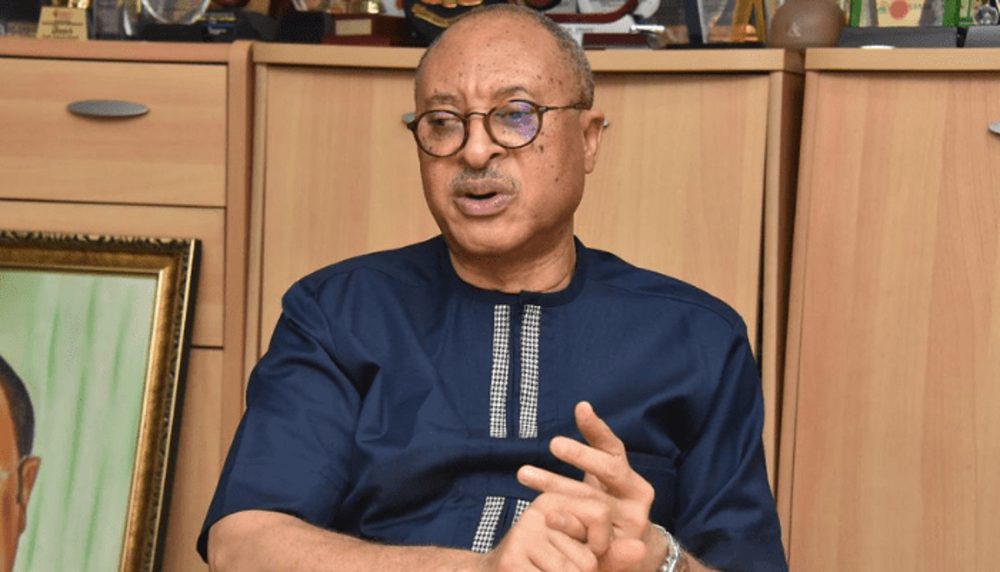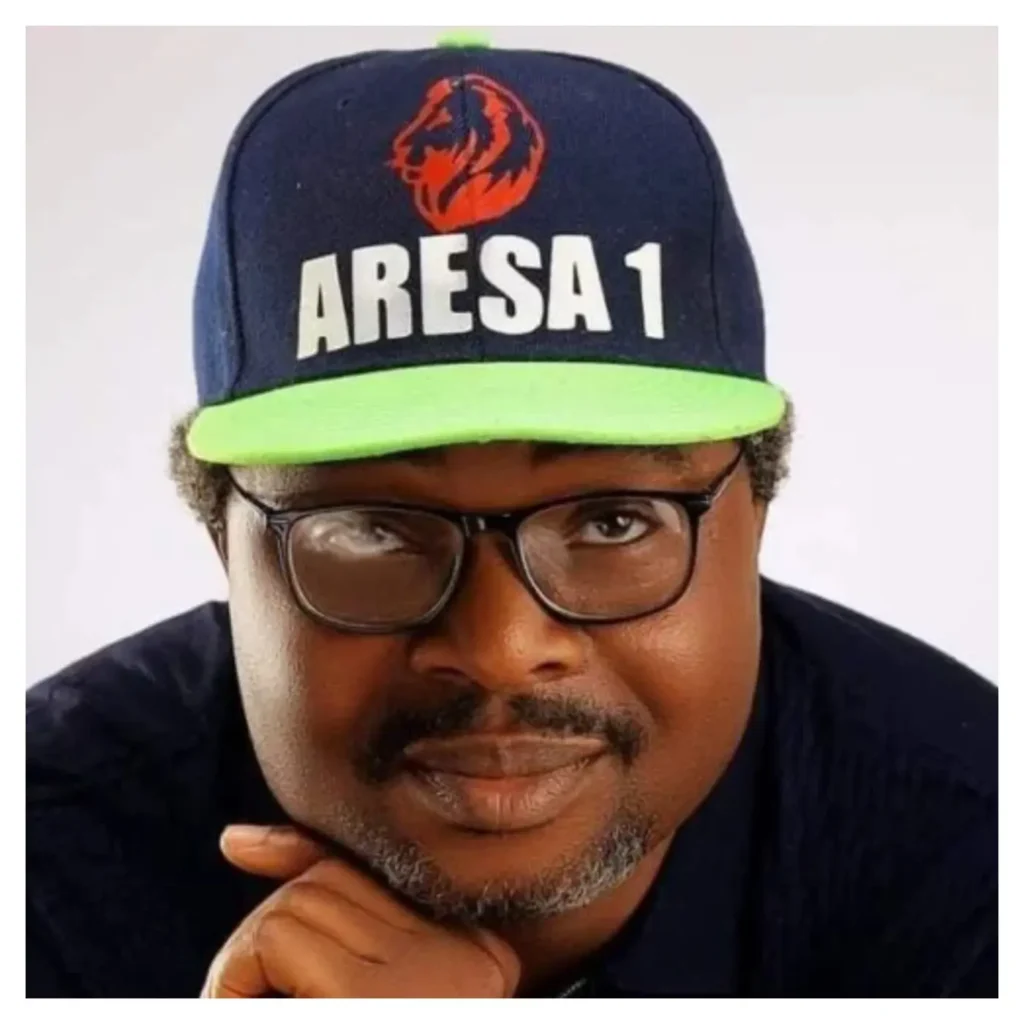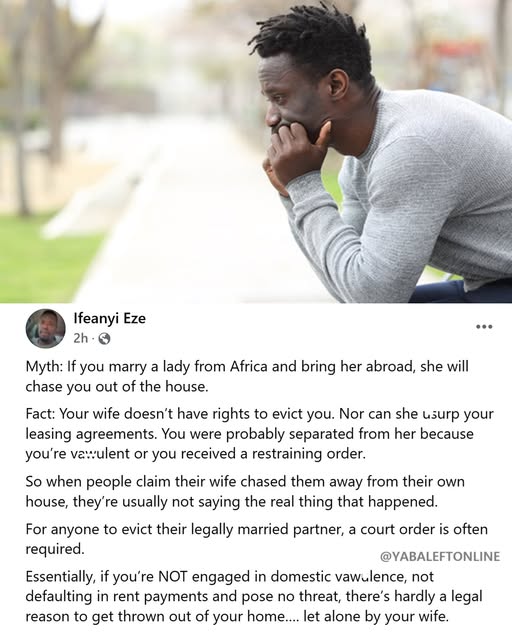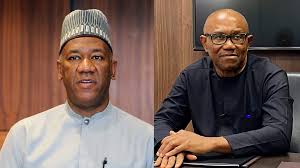Now Reading: Trump Snubs Tinubu, Invites Five African Leaders to White House for High-Level Investment Talks
-
01
Trump Snubs Tinubu, Invites Five African Leaders to White House for High-Level Investment Talks
Trump Snubs Tinubu, Invites Five African Leaders to White House for High-Level Investment Talks
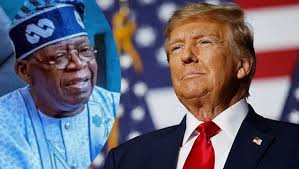
U.S. President Donald Trump has extended invitations to five African heads of state for a major investment dialogue at the White House scheduled for mid-August—but conspicuously left out Nigeria’s President Bola Ahmed Tinubu. The move has ignited sharp conversations in diplomatic and political circles over Nigeria’s declining global relevance under Tinubu’s leadership.
The invited leaders include the Presidents of Kenya, Rwanda, Ghana, Senegal, and Morocco—all of whom are expected to participate in a closed-door strategic parley focused on U.S.-Africa private sector partnerships, energy infrastructure, and digital innovation. Trump’s team stated that the countries selected represent “emerging hubs of transparency, innovation, and market-driven reform.”
Tinubu’s exclusion is already stirring backlash at home, with critics describing it as a diplomatic embarrassment and a signal that Nigeria, once a leading voice in African affairs, is losing its geopolitical weight. Opposition figures have questioned why Africa’s most populous nation and largest economy failed to make the list, especially amid claims by Tinubu’s administration of increasing foreign interest.
Analysts believe Trump’s snub is deliberate, citing Nigeria’s ongoing challenges with corruption, insecurity, and a weak investment climate. A senior fellow at the Brookings Institution, Mark D. Lassiter, told Bloomberg News that “Nigeria’s policy inconsistency and business-hostile environment over the past year likely influenced the decision.”
Trump, widely expected to be the Republican nominee in the 2024 U.S. election rematch against President Joe Biden, has recently increased outreach to African leaders as part of his broader push to reset U.S. ties with the continent—positioning himself as a pro-investment alternative to what he calls the “aid-first approach” of the Democrats.
Nigeria’s foreign affairs ministry has yet to issue an official response to the exclusion, but sources within the presidency confirmed they were “not formally invited.” The development comes at a time when Tinubu’s government is battling public unrest, soaring inflation, and widespread criticism of its foreign policy strategy.
As global attention shifts toward Africa’s economic future, Tinubu’s absence from one of the most high-profile diplomatic tables of the year may prove costly—both politically and economically. With investors watching closely, the message from Washington is loud and clear: performance, not population, earns a seat at the table.
